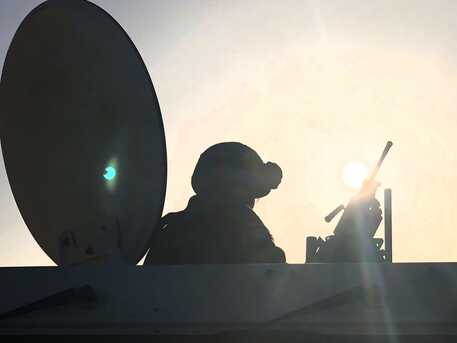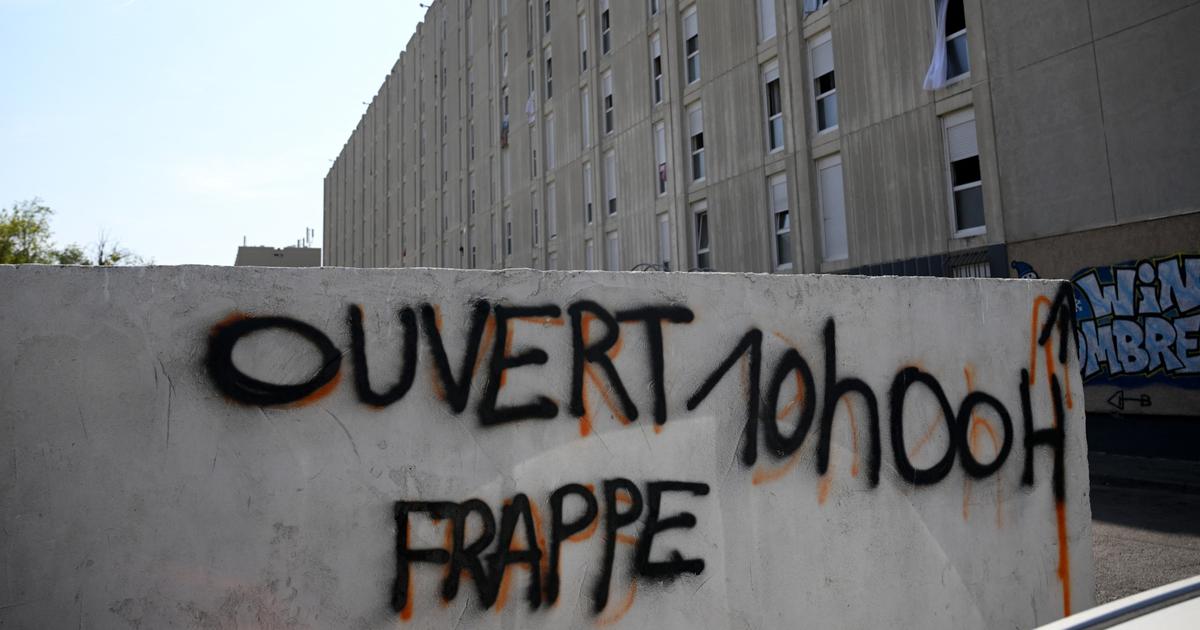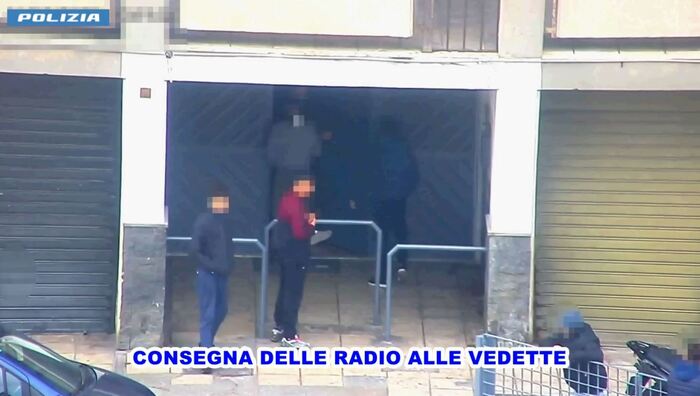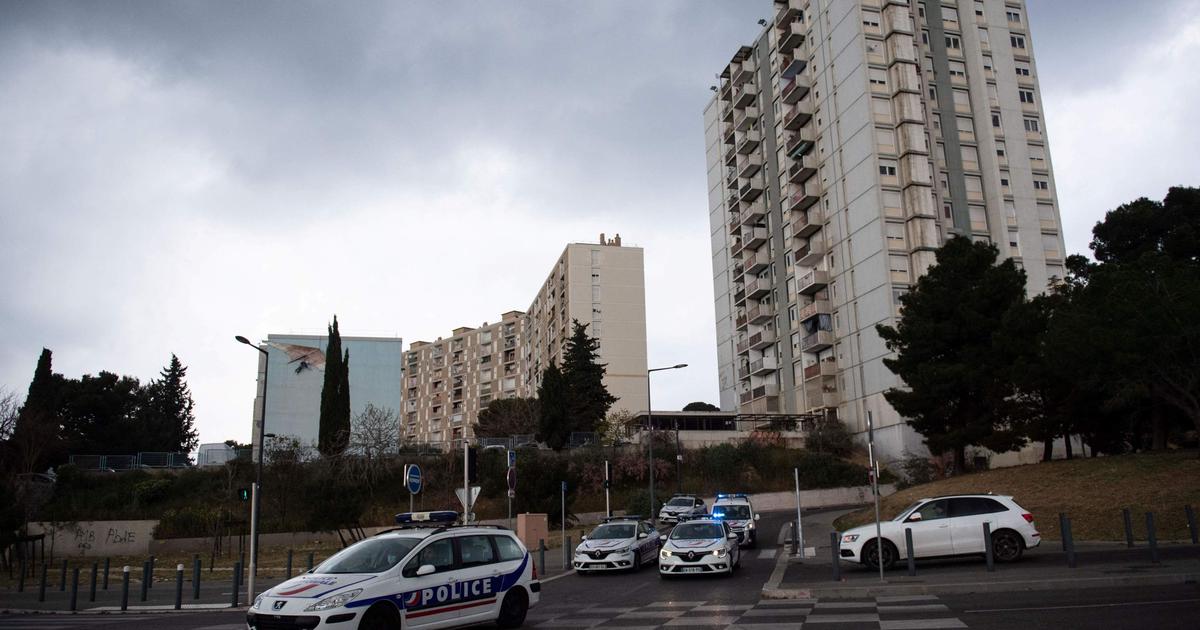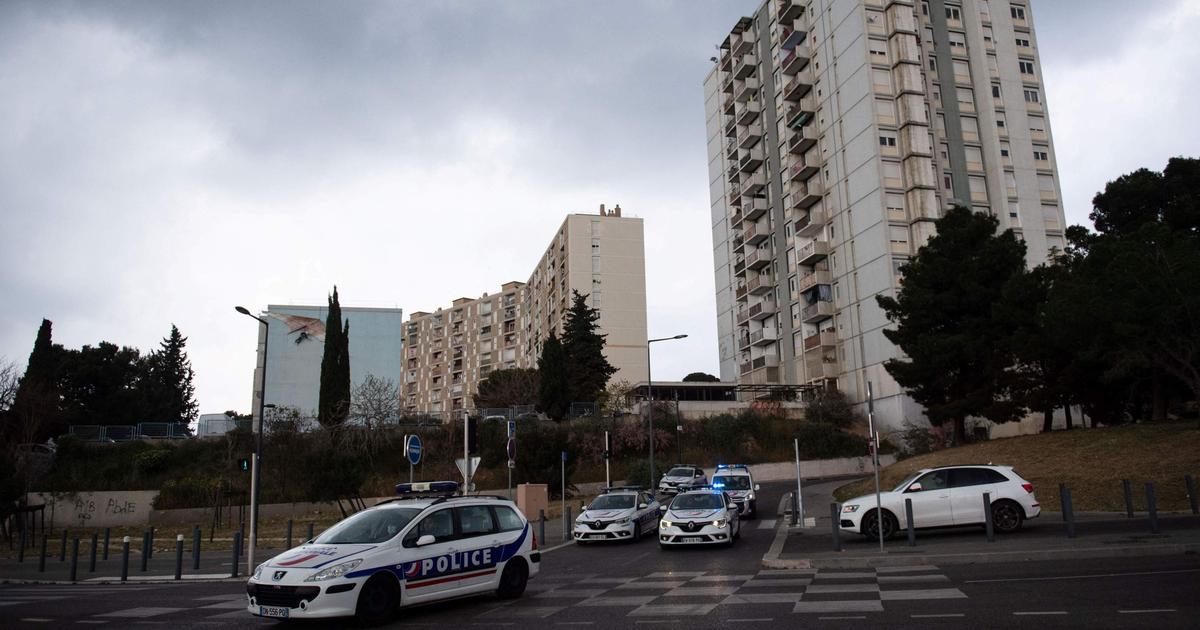There is something that unites a reality show to a platoon of soldiers isolated for a month in a place full of satellite dishes and television cameras.
With one essential difference: in the second case, work is done to prevent the outbreak of a new war.
On the 'blue line', the scar that divides Lebanon from Israel, the Italians of the UN mission called Unifil (United Nations Interim Force in Lebanon) are busy every day to ensure that there are no trespassing, misunderstandings or provocations that would undermine the 'unstable equilibrium, an oxymoron coined by them.
Among the rocky mountains on the edge of the sometimes invisible border between the two States, there are precisely the peacekeepers of our country, engaged in bases 1-31 and 1-32 Alfa: they are the last two outposts further south in Lebanese territory, in a forest of antennas in the shadow of the T-wall erected by the Israeli government, a concrete wall seven meters high and topped with two meters of barbed wire, of which the first 17 kilometers have so far been built.
Only a year ago, our peacekeepers from the Italbat task force found themselves in the middle of the rockets fired by Hezbollah guerrillas and those in response by the Tel Aviv army.
The Unifil boss at the time had recommended "calm and moderation".
It seems easy but the sparks are born from trivial episodes,
for example trespassing a few steps for tree pruning or hunters looking for game and entering recklessly: all violations that are then reported during the meetings of the so-called Tripartite, held in the 132 Alfa, where the representatives of the two countries talk thanks to the intermediation of the United Nations.
And meanwhile, from the towers of the bases, the Italian lookouts handle the fragility of this area with their own eyes, under the gaze of binoculars that reach any episode of risk, all reported to the LAF, the Lebanese armed forces.
where the representatives of the two countries dialogue thanks to the intermediation of the United Nations.
And meanwhile, from the towers of the bases, the Italian lookouts handle the fragility of this area with their own eyes, under the gaze of binoculars that reach any episode of risk, all reported to the LAF, the Lebanese armed forces.
where the representatives of the two countries dialogue thanks to the intermediation of the United Nations.
And meanwhile, from the towers of the bases, the Italian lookouts handle the fragility of this area with their own eyes, under the gaze of binoculars that reach any episode of risk, all reported to the LAF, the Lebanese armed forces.
"We stay here to supervise and patrol for an average of a month, alternating. Certainly what weighs the most is the distance: we are two thousand kilometers from home", explains Marshal Andrea Piccirillo, 29 years old from Pozzuoli, one of the eighteen men on the base 1-31, which stands close to the village of Laguné.
"How do we spend our time during rest? We have organized ourselves and day after day we embellish this place", he says, showing the gym, the bar area, the foosball table and the other recreation rooms that the military has inside the white prefabs contributed gradually to build leaving a sign of their passage in the base.
The age of the components within the 1-31 is varied, from the twenty year old in its first experience to the 45 year old, while there
Outside the garrisons stretch the one hundred and twenty kilometers of blue line, a good fifty-two controlled by the Italian contingent in the western sector.
To the south on the mountains in Shama, Naqoura and on the coast, where even the border at sea is delimited by buoys, white lynxes with the black abbreviation 'Un' (United Nations) and the flag with the symbol of the olive branches go and they often come by incorporating the old BMWs of some civilians who casually find themselves in the column.
In the forest at the edge of the dusty dirt roads there are the demining areas, which the Chinese military have been working on for some years now, while the blue pillars mark the demarcation line.
A few meters further south is the 'technical fence', Israel's electrified fence extending for eighty kilometers that preceded the construction of the T-wall,
with video surveillance on top ready to scrutinize anyone.
Also here on the road, as in the whole south, along the edges it happens to find small altars with portraits of the martyrs of the 2006 war, photos of very young boys.
Seen from above, the geography cut by the barrier does not lie: on one side uncultivated lands or banana groves, on the other the lush green fields of Israel.
Despite the trench border, the southern area near the sea still remains an area where investments are made in local tourism, with resorts scattered here and there, many of which are still under construction, while there are those who are betting on the future by building council houses in summer, almost ignoring the increasing poverty.
"The Lebanese are experiencing a crisis of historic proportions. Despite everything we continue to maintain the peace", explains General Roberto Vergori, current commander of the Joint Task Force Lebanon - western sector.
An apparent calm that goes beyond the narratives between religious factions or the interests of neighboring countries.
And for years it has been taking place under the eye of Big Brother of the Middle East.

